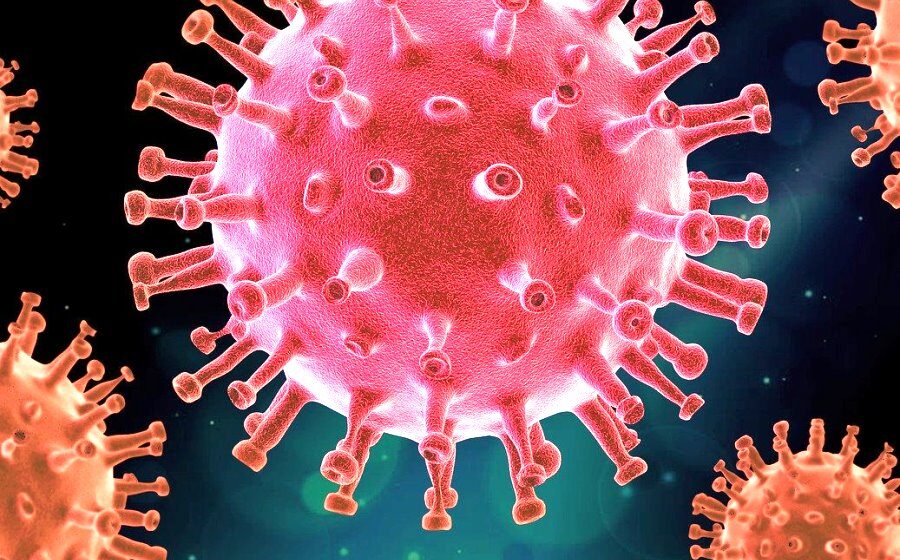Australia’s national science agency has discovered that SARS-Cov-2, the virus responsible for COVID-19, can survive for up to 28 days on common surfaces including banknotes, mobile phone screens and stainless steel.
CSIRO found the virus was “extremely robust,” surviving on smooth surfaces, when kept at 20C, which is about room temperature, and in the dark.
In comparison, the flu virus can survive in the same circumstances for 17 days.
Researchers found that the virus tended to survive longer on non-porous or smooth surfaces rather than porous surfaces such as cotton.
“These findings demonstrate SARS-Cov-2 can remain infectious for significantly longer time periods than generally considered possible,” the researchers said.
The study, published in Virology Journal, also found SARS-Cov-2 survived for less time at hotter temperatures than cooler temperatures and it stopped being infectious within 24 hours at 40C on some surfaces.
Professor Trevor Drew from CSIRO said that if you were to drop the temperature down to about six degrees in theory the virus would last 10 times as long.
“So, that’s really, really, quite frightening. It may help to explain why in colder climates the virus seems to be resurging,” he told the Today show this morning. “That temperature effect would affect not only the survival on surfaces but also in had the air.”
However, he said it was important to point out that, to be infected by the virus, a “reasonable amount” of it had to enter your body.
“It’s unlikely that a single virus particle would infect you,” he said. “Obviously the virus cannot penetrate through intact skin. That’s the good news.
“Of course, if you touch your mouth (you can be infected). I was in the supermarket the other day. Someone trying to open a bag to put vegetables in, what did they do? They lick their hands. It’s these behaviours we have to try and clamp down (on) and make people alert to.”
Despite the findings, other experts have cast doubt on the actual threat posed by surface transmission in real life.
It’s widely-understood the coronavirus is mostly transmitted when people cough, sneeze or talk. But there is also evidence that it can also be spread by particles hanging in the air.
It is also possible someone could get COVID-19 by touching infected surfaces such as metal or plastic, according to the US Centers for Disease Control, but it is believed to be much less common.
Criticising the new Australian study, Professor Ron Eccles, former director Common Cold Centre at Cardiff University, said the suggestion the virus could survive for 28 days was causing “unnecessary fear in the public”.
He believes the virus only stays on surfaces for a matter of hours.
“Viruses are spread on surfaces from mucus in coughs and sneezes and dirty fingers and this study did not use fresh human mucus as a vehicle to spread the virus,” Prof Eccles told the BBC.
“Fresh mucus is a hostile environment for viruses as it contains lots of white cells that produce enzymes to destroy viruses and can also contain antibodies and other chemicals to neutralise viruses.”
Despite the conflicting opinions, CSIRO’s Professor Drew said the classic advice for the public remains when it comes to stopping the spread of COVID-19.
“The classic mantra is still there. Wash your hands regularly. Don’t put your hands near your mouth or eyes because the virus can also infect you through the mucus membranes in the eyes,” he said.
“Keep washing your hands or use disinfectant wipes or a spray and of course people who are responsible for the cleaning of things like public transport, they have to keep doing their job and it really just reinforces how important that role is.”




Leave a Reply